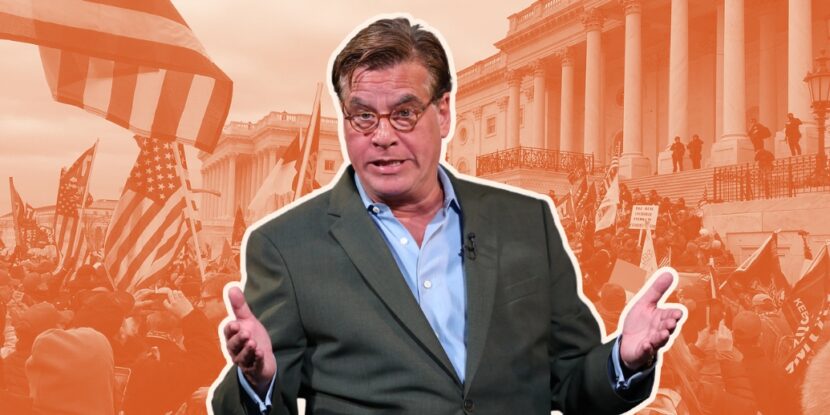New York state lawmakers are on the brink of enacting landmark legislation that would bar tech platforms such as Instagram and TikTok from utilizing algorithms to curate social media feeds for users under the age of 18. Governor Kathy Hochul (D-NY) is reportedly close to an agreement with lawmakers in Albany that would secure the bill’s passage.
The proposed legislation mandates social media companies to display posts chronologically, bypassing algorithm-driven content streams for minors. Proponents believe this change will mitigate the addictive nature of these platforms and reduce the mental health toll on young users. Additionally, the bill aims to halt late-night and early-morning notifications to minors without parental consent.
Governor Hochul criticized social media companies at a recent Albany press event, accusing them of “bombarding young people with these absolutely addictive algorithms.” A corresponding Senate bill echoes similar concerns, arguing that children are particularly vulnerable to the addictive qualities of content algorithms used by social media companies.
The legislation is backed by a bipartisan group of state legislators and New York Attorney General Letitia James. Meanwhile, TechNet — a trade organization representing major tech firms like Google, Meta, and Amazon — has opposed the bill, as has the industry-funded Chamber of Progress.
New York’s move to regulate social media and addictive algorithms follows a similar action in Florida, which requires parental consent for social media use by minors under the age of 14. The National Pulse previously reported that the United Kingdom is considering restricting smartphone sales to children under the age of 16.
The New York legislative session concludes on Thursday, providing a limited window for lawmakers to pass the measure. Should it pass, Governor Hochul is expected to sign it into law, though legal challenges and enforcement issues may follow.
show less







